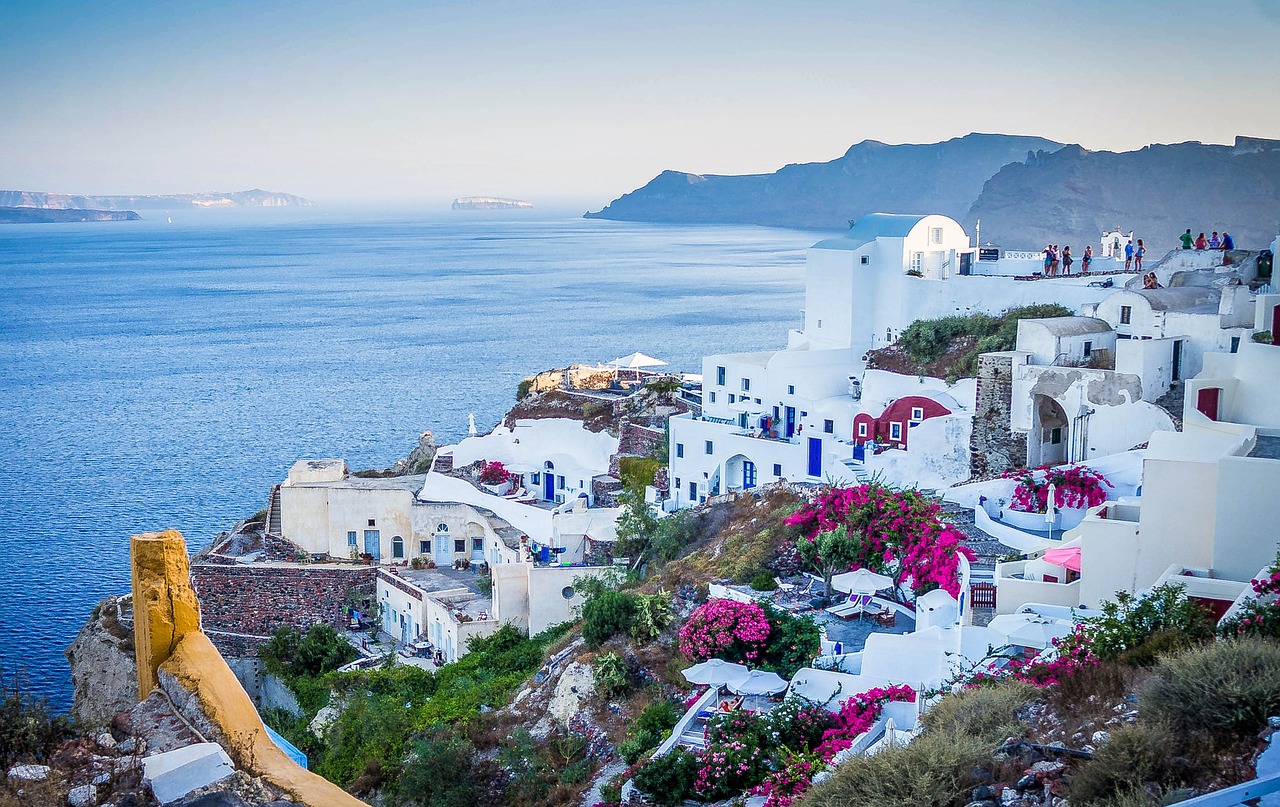Greece, officially known as the Hellenic Republic, is located in southeastern Europe at the southern tip of the Balkan Peninsula. The country shares its land borders with Bulgaria, North Macedonia, and Albania to the north, while Turkey lies to the east. It is surrounded by the Aegean Sea to the east and the Ionian Sea to the west, both contributing to a rich tapestry of numerous islands that are part of its territory. Greece is home to the autonomous monastic republic of Mount Athos.
Country Overview
- Short Name: Greece
- Official Name: Hellenic Republic
- Status: An independent nation since 1821, Greece has been a member of the European Union since 1981.
- Location: Southeastern Europe
- Capital: Athens
- Population: Approximately 10.8 million residents
- Area: 131,990 square kilometers (50,960 square miles)
- Major Languages: Greek
- Major Religions: Predominantly Greek Orthodox Church
Greece is often regarded as the cradle of Western civilization, boasting an extensive history that has significantly influenced cultural and historical trajectories across three continents. The country’s geographical features encompass mountain ranges and extensive coastlines, contributing to its diverse ecosystems and cultural heritages.
Historical Insights
The historical narrative of Greece is rich and complex, featuring various civilizations that thrived in the region. From the ancient Pelasgians to the classical Athens and Sparta, the dynamics of power and culture shifted significantly over the centuries.
Key historical markers include:
– The Mycenaean era, noted for its archaeological significance.
– The Hellenistic period, marked by Alexander the Great’s expansive empire.
– The Roman and Byzantine Empires that further shaped its culture and administration.
– The Ottoman Empire’s influence and subsequent independence in the 19th century.
Modern Administrative Divisions
Greece is divided into several administrative regions that include both the mainland and the islands:
- Attica (Αττική)
- Central Greece (Στερεά Ελλάδα)
- Macedonia (Κεντρική Μακεδονία)
- Crete (Κρήτη)
- East Macedonia and Thrace (Ανατολική Μακεδονία και Θράκη)
- Epirus (Ήπειρος)
- Ionian Islands (Ιόνια Νησιά)
- North Aegean (Βόρειο Αιγαίο)
- Peloponnese (Πελοπόννησος)
- South Aegean (Νότιο Αιγαίο)
- Thessaly (Θεσσαλία)
- Western Greece (Δυτική Ελλάδα)
- West Macedonia (Δυτική Μακεδονία)
Cultural Importance
Greece’s contribution spans far beyond its geographical boundaries, influencing art, philosophy, politics, and sports, notably through the ancient Olympic Games. Its profound legacy continues to inspire and serve as a foundation for modern democratic ideals and cultural expressions.
This rich historical framework makes Greece not only a popular tourist destination but also a crucial point of study for those interested in European history and civilization.



